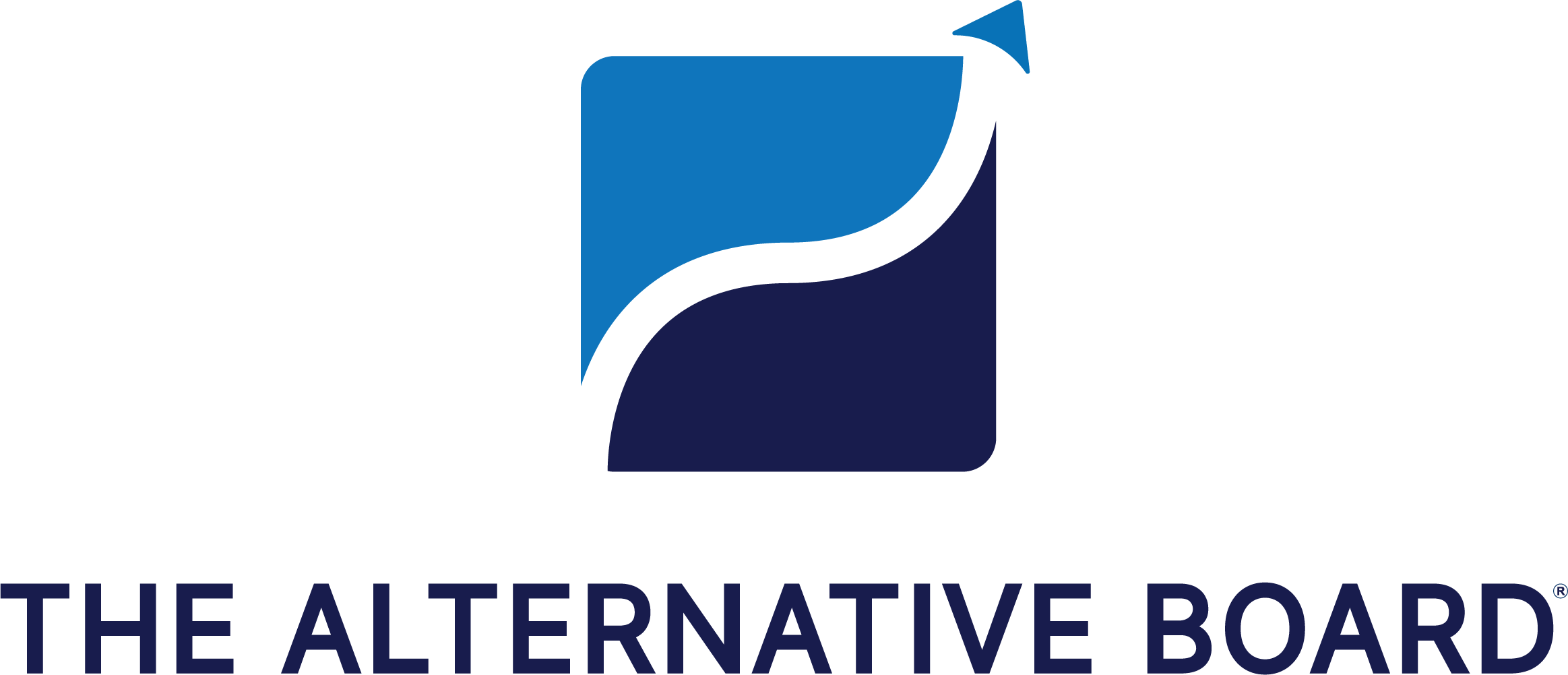As we descend into silly season, and borders open up, businesses are gearing up for a big influx of cash. But as sales increase, so too do the expenses, often leaving owners tight on money come mid-end January when the bills are due.
Derek Lundberg is a facilitator at The Alternative Board and owner of the Hunter Valley region. He has more than 20 years experience within engineering, wholesale retailing and the not-for-profit sector, as well as working with many SMEs on their strategy, and says cashflow is an all too familiar problem, and likely one that some businesses are going to struggle with more coming out of lockdown, and straight into these busy holiday periods. This is made worse in 2021 because of the struggles many businesses have faced heading into this period. They just don’t have the cash reserves in the bank they may have had in previous years.
He gives insight on some of the common pitfalls heading into busy seasons.
Common mistakes
It’s crucial to understand how money works and flows.
If you’re not looking into how much you’re making and how much you’re then paying in bills, you may end up in an odd spot when sale season comes to an end but bills are still all piled up. Derek says, “At the end of the day, it’s the money in the bank that matters. Coming up to this time of the year, specifically with small businesses in retail and particularly in food, liquor and hardware industries, their businesses are ramping up right up to Christmas Eve; it’s their biggest time of the year for them.
“Their sales double in many aspects – they’re getting a lot of money in, they’re also spending on ordering more stock, they’re ordering heaps and selling heaps.
“But, they don’t pay for it until January.
“Then overnight in January, all of it disappears, everyone stops buying. but the bills for the stock ordered in November and December arrive in January. If you haven’t considered cash in the bank and the bills due in January, you can be in trouble. You need to get down to a granular level with cash especially during this time of the year.”
Wisdom for business owners
With lockdown restrictions now being relaxed, people are beginning to get back to the normal life we once knew – and businesses are making sure they make the most of people’s eagerness to step outdoors.
But don’t get ahead of yourself, says Derek, and always keep in mind, bills still have to be paid.
“I think anyone in Queensland for example, who is serving retail, food and tourism, they’re going to be in for booming times as borders open up. Everyone’s been locked up. I know everyone in NSW has forgotten how to drive; they haven’t driven for months, the panel beating industry has gone through the roof. But they’ll come out, and yee haw people are craving to go out and have a beer,” says Derek.
Derek says money must be spent on the customer-facing expenses – people, product and quality.
“Now is not the time to be pushing customers away with empty shelves, bad coffees and bad food,” he says. “You want to compete, you want to maintain sales and service levels – but do that by keeping your cashflow in mind,” Derek adds.
Ensuring you have the cash to cover the client-facing expenses, without over-stretching yourself when the bills come in come January is key.
As someone who focuses heavily on the functioning of businesses, their financial needs and their operations, Derek is well-versed in business related knowledge and knows what to do and when to do it.
Keeping the holiday season sales and bills in mind, Derek shares some wisdom for business owners that may help them stay clear of any major downfalls.
“For the next couple of months avoid those major investments decisions – if it isn’t focused on customer services and stock levels, then right now it’s not important.
“Prioritise where you’re going to put that cash, but don’t go paying off your bank loans right now. You’ve got to make sure service levels and stock levels are still maintained yet your bills are paid in January,” he concludes
He says planning is key.
Sit and write down your projections, costs, down to the minutiae.
Plan for your upcoming expenses.
“It’s as simple as writing out a list, take a pen and paper, and write down every single thing that will cost you money between now and the end of January. Write it all out, so you have a clear idea of everything coming your way. You don’t want to reach the end of the busy season, have overspent and then your bills, BAS, tax and outgoing invoices coming in.”
If you know that you are going to be short of cash in January or February plan for it now.
Consider setting up payment terms with suppliers, plan to use a line of credit whether a loan or a credit card, but do it with a plan as to how you will pay it back so you don’t enter a spiral of negative cashflow. If your business has been significantly impacted by COVID (defined by receiving JobKeeper from January-March 2021) then you also qualify for the SME Loan Recovery Scheme which comes with a 50% government guarantee, a 24-month payment holiday and 10 year terms
There are alternative lenders falling over themselves to help small business recover, and a well planned debt can be the boost a business needs to take it to the next level. Proceed with caution though; lenders want to see you have a plan and were in control of your cashflow – you can’t leave it until you have no money left to apply as lenders need to see you’re able to manage to pay the debt back.
While you’re readying for the reopening, it’s also good to take some other steps to prepare your business.
1. Re-evaluate your policies
If you haven’t taken a look at your company policies in a while, now would be a good time to do so. Take a look at both your HR policies and customer-related policies. In addition to making changes related to health and safety regarding COVID-19, consider this: What will you do to make your organisation a more attractive place to work?
Competition is at an all-time high and organisations need to embrace new and changing mindsets in the workforce.
Before making any changes to your policies, conduct employee and customer feedback to help shape your policies.
2. Invest in your employees
Now more than ever, your employees are the lifeblood of your organisation. In order to retain and attract top talent, employers need to provide their employees with the flexibility and accommodations they seek.
In addition to traditional perks such as raises and bonuses, many companies are now offering flexible working hours and arrangements, increased or unlimited vacation, and professional development opportunities. While you may not be able to offer all of these perks, offer what is most reasonable given your business needs
3. Be bold
At the onset and height of the pandemic, most businesses were simply trying to survive. As we navigate toward the finish line, it is recommended to enter into a growth mindset again. To help you with your 2022 projections, take a look at your pre-pandemic numbers. Many businesses are using these numbers as a starting point as they plan for a more than likely “normal” 2022.
Additionally, given the current global supply chain issues, it is a good time to look at diversifying your vendors and suppliers or suite of products and services to accommodate for any delays that could impact your business. You may also want to invest in research and development to bring new products or services to market and carve a successful path for your business in the years to come.
If you want to make a strong comeback next year, consider taking advantage of everything The Alternative Board has to offer, including one-on-one business coaching sessions and peer advisory boards.
Enjoy the boom, but spend with caution.
Not sure where to start? Take our free business diagnostic to see where your business could improve.
Oops! We could not locate your form.


